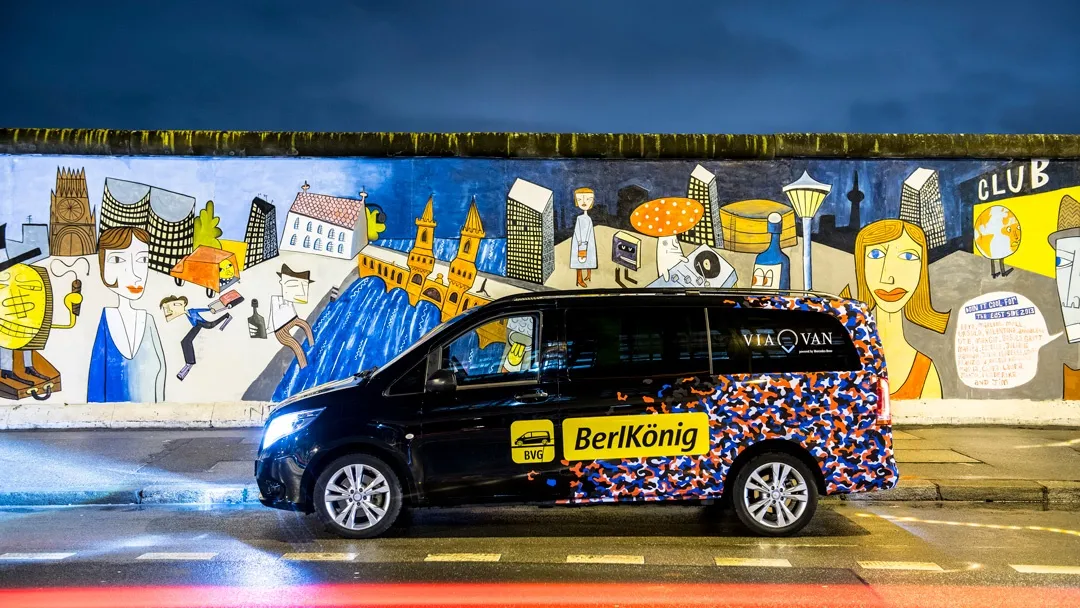A number of Dutch provinces and municipalities are investigating whether ‘rapid’ cycling is a feasible transport option for commuters. The authorities in the Drenthe and Groningen provinces and the municipalities of Groningen, Haren, Assen and Tynaarlo are investigating whether a 30 kilometre route between Assen and Groningen can be adapted to encourage motorists to switch to bicycles. Several innovative options, such as sensors, alternative power generation and asphalt that glows in the dark, are being con
February 23, 2015
Read time: 1 min
A number of Dutch provinces and municipalities are investigating whether ‘rapid’ cycling is a feasible transport option for commuters.
The authorities in the Drenthe and Groningen provinces and the municipalities of Groningen, Haren, Assen and Tynaarlo are investigating whether a 30 kilometre route between Assen and Groningen can be adapted to encourage motorists to switch to bicycles.
Several innovative options, such as sensors, alternative power generation and asphalt that glows in the dark, are being considered. E-bikes are seen as the most appropriate form of transport to travel this distance.
Henk Brink from the province of Drenthe said, “New rapid cycle infrastructure could be a nice addition to all measures that we have already taken in the field of cycling and accessibility in the Groningen-Assen region.”
The authorities in the Drenthe and Groningen provinces and the municipalities of Groningen, Haren, Assen and Tynaarlo are investigating whether a 30 kilometre route between Assen and Groningen can be adapted to encourage motorists to switch to bicycles.
Several innovative options, such as sensors, alternative power generation and asphalt that glows in the dark, are being considered. E-bikes are seen as the most appropriate form of transport to travel this distance.
Henk Brink from the province of Drenthe said, “New rapid cycle infrastructure could be a nice addition to all measures that we have already taken in the field of cycling and accessibility in the Groningen-Assen region.”










